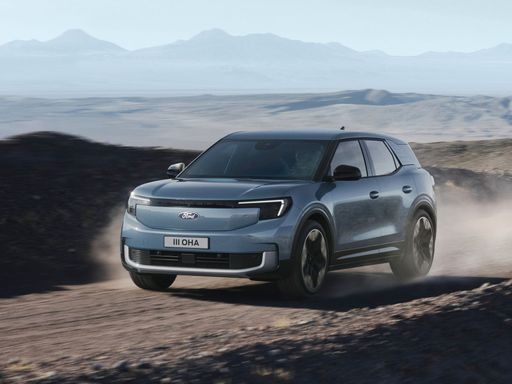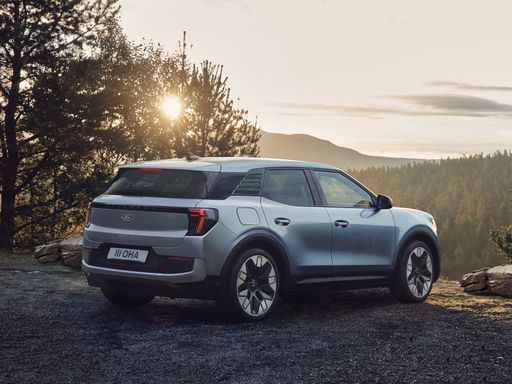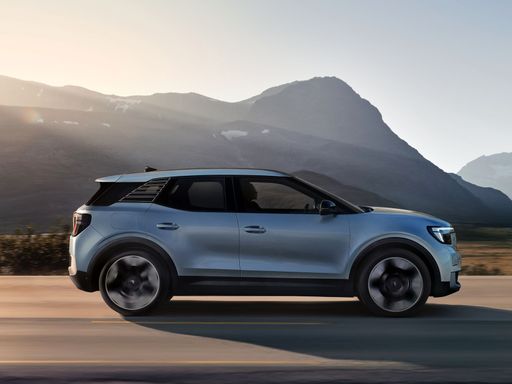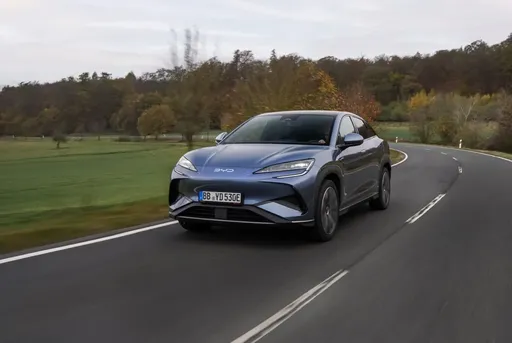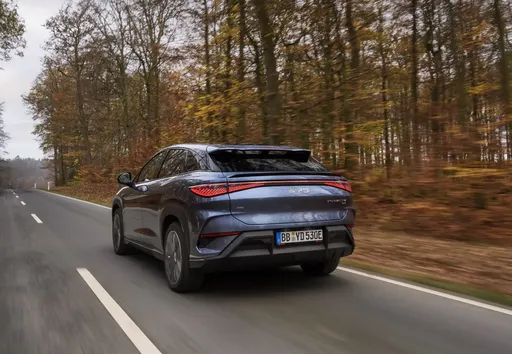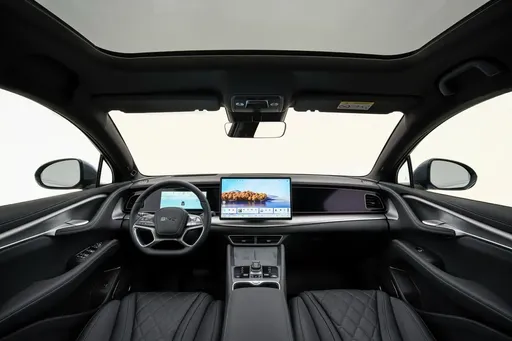Design That Announces Itself
The two contenders take very different approaches to getting noticed: the Ford Explorer EV leans into familiar SUV proportions and a purposeful stance that reads as practical and confident, while the BYD Sealion 7 goes for a sleeker, low-slung silhouette that flirts with sporty ambitions. Both are handsome in their own way — one projects rugged dependability, the other modern athleticism — so your choice starts with whether you prefer presence or poise. Either way, there’s no mistake you’re looking at a contemporary EV with clear design intent.

